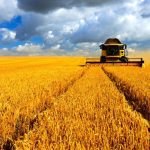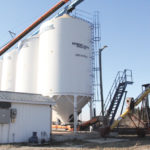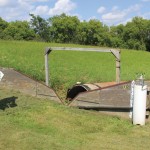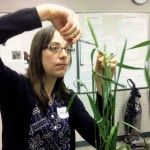An outline of some of the issues Alberta Beef Producers has brought forward as reasons for a potential membership withdrawal, as well as the Canadian Cattle Association’s response


An outline of issues Alberta Beef Producers has brought forward, as well as the Canadian Cattle Association’s response

Ethanol might be a sacred cow for now, but expect a renewed food-versus-fuel fight

The growing problem points to the need for a new, more secure system


Ultimately, storing water on the land isn’t just about flood control, it’s about capitalizing on available nutrients as well

An essay from Moving Toward Prairie Agriculture 2050 an assessment of Prairie agriculture’s readiness for climate change

Natural systems agriculture offers a practical alternative to ‘command and control’ production models
More regulation is not the solution to improving grain transportation
